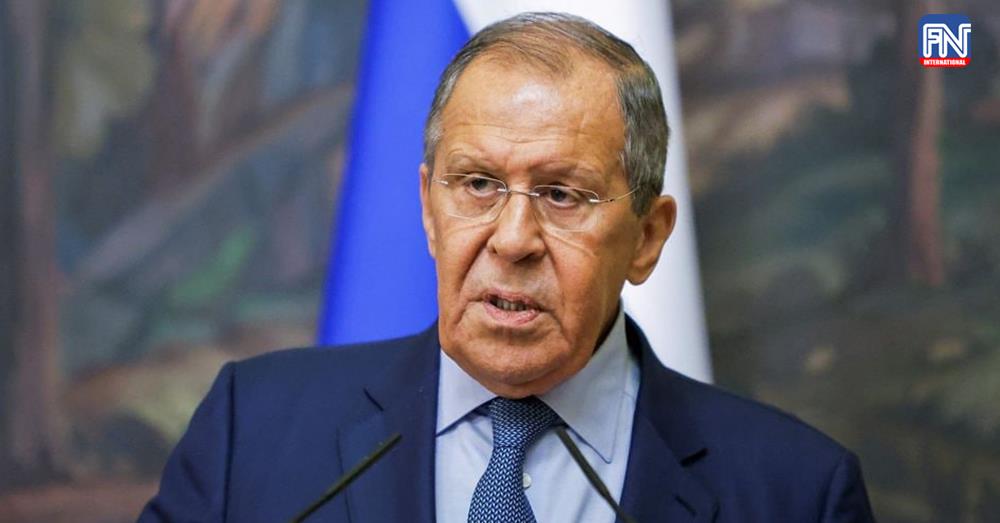UNITED NATIONS, Sept 6 (Reuters) - Russia on Tuesday questioned a U.N.-brokered deal with Ukraine to boost grain and fertilizer exports by both countries, accusing Western states of failing to honor pledges to help facilitate Moscow's shipments.
Russia and Ukraine are both key suppliers of food and fertilizer, but Moscow's Feb. 24 invasion of its neighbor stalled Kyiv's Black Sea exports and stoked a global food crisis. Russia complained that a chilling effect from Western sanctions - imposed over the war - had slowed its shipments.
The United Nations, aided by Turkey, brokered a landmark July 22 deal between Russia and Ukraine that has restarted Kyiv's Black Sea exports of grain and fertilizer.
But a key part of the deal was to also facilitate Russian food and fertilizer exports. The United States and others worked to reassure banks, shipping and insurance companies that such transactions were allowed and that Russian food and fertilizer has never been subjected to sanctions.
"Our Western colleagues are not doing what we were promised by the U.N. Secretary-General," Russia's Foreign Minister Sergei Lavrov said on Tuesday. "They are not taking decisions to remove the logistic sanctions that prevent the free access of Russian grain and fertilisers to world markets."
Lavrov said he was speaking to the United Nations about the issues. The deal is the only significant diplomatic breakthrough in the six-month Ukraine war.
"We're continuing to work through a number of hurdles within the existing existing sanctions regimes to facilitate the export of Russian grain and fertilizer," U.N. spokesman Stephane Dujarric said on Tuesday.
The U.S. State Department did not immediately respond to a request for comment on Lavrov's remarks.
Russia's U.N. Ambassador Vassily Nebenzia said later on Tuesday that the 120 day deal that Russia agreed with Ukraine, Turkey and the United Nations "normally should be extended."
But when asked if it could fall apart, he said: "Given the results - or rather no results - I do not exclude anything, but that's not for me to decide."
"We want to see the Russian part of the deal implemented so far," he said, asserting that no Russian grain or fertilizer had been exported under the U.N.-brokered agreement, without elaborating.
Russia suspended all official export data in April, but traders and industry analysts said last week that Russian wheat exports are expected to rise to 4 million tonnes in September from 3.5 million tonnes in August.
Last month, Interfax news agency cited trade minister Denis Manturov as saying that fertilizer exports from Russia fell 7% in the first half of the year.
